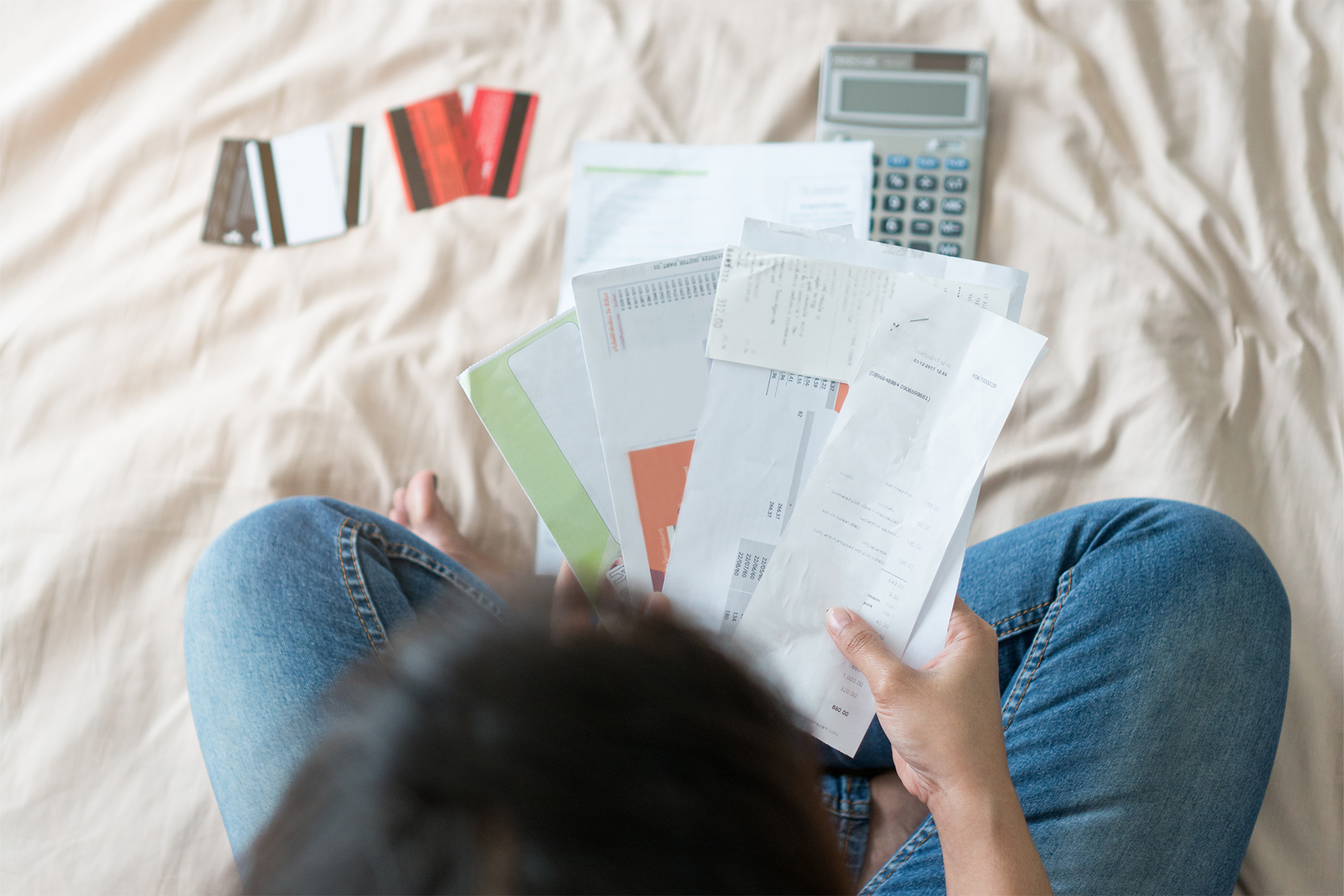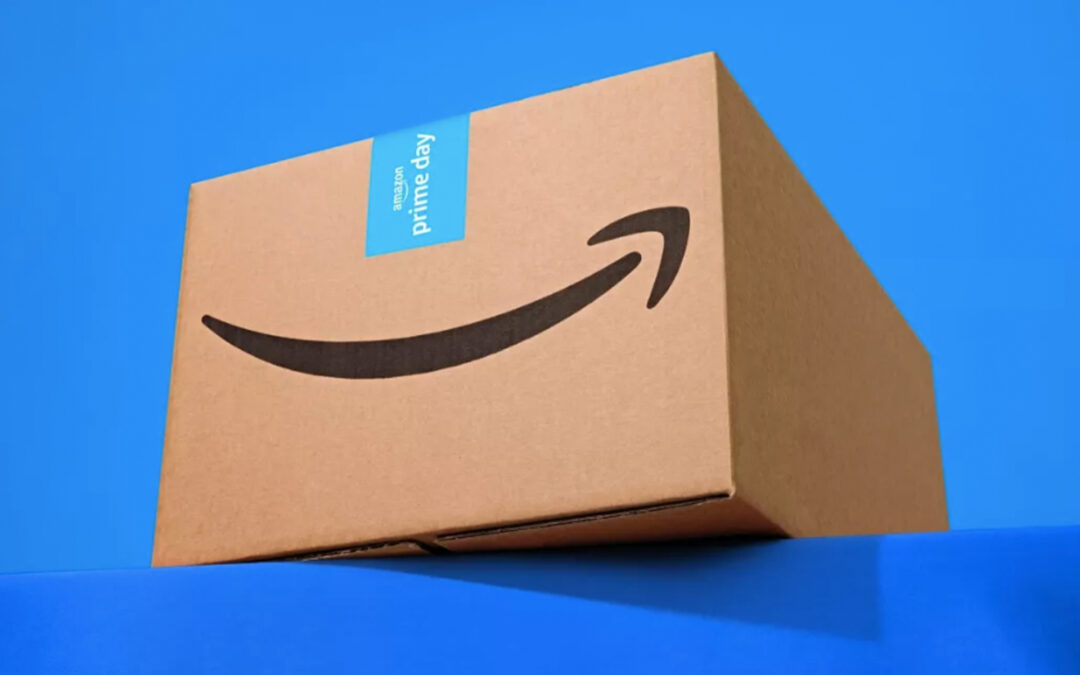Market researcher Numerator conducted two surveys of representative households in the United States regarding economic uncertainty and a majority across the political spectrum expressed apprehensions about tariffs, recession and stock market volatility.
The findings indicated that 89% of U.S. shoppers are aware of new or proposed tariffs, up from 83% in February 2025 and 53% in December 2024. The tariff-related price increases consumers fear most are in essential categories such as groceries, at 60%, household goods, at 42%, and gasoline, at 40%. Consumers expressed trepidation about all categories covered by Numerator, with the exception of gasoline, with the greatest growth of disquiet from February to April occurring in household goods, up eight points, automobiles, up seven points, home appliances, up seven points, and personal care products, up six points.
Members of younger and more educated U.S. households tend to think tariffs are bad for the U.S. economy versus less educated and older households, according to Numerator. Residents of 72% of U.S. households said they were very or somewhat concerned about a recession occurring in the coming year, even in areas of the country that voted overwhelmingly for President Trump, where 63% of households are very or somewhat concerned about an upcoming recession.
Regardless of the income group, the overwhelming majority of households believe tariffs are bad for the U.S. economy or are unsure, with less than one third believing tariffs will be economically positive.
Other findings from the surveys:
- 40% of consumers said they fully grasp how tariffs affect prices, up from 34% in February, while 48% said they have a general idea but lack details and 11% admit having little to no understanding of the issue.
- 41% of consumers said tariffs have pros and cons depending on implementations while 25% said tariffs are harmful and 23% said they are helpful.
- 60% of consumers said opinions on tariffs are largely shaped by political affiliation.
- 85% of consumers worried about how tariffs would affect their personal finances and shopping behaviors, up four points from February.
- 72% of consumers expressed concern about higher prices on everyday goods, up from 64% in February, 50% expressed concern about limited availability of certain products, up from 44%, 39% about a potential slowdown in economic growth, up from. 25%, and 21% about job or industry impacts, up from 13%.
- 83% of consumers said they would change shopping behaviors in anticipation of new tariffs, with 48% looking for sales or coupons, 32% delaying purchases until prices stabilize, 32% buying fewer imported goods, 31% stocking up on items prior to tariff-generated price increases and 25% switching to U.S.-made alternatives, although over the past two months, the proportion who said they would switch to U.S.-made products shrunk slightly while the proportion who said they would delay purchases and stock up saw increases.
- 55% of all U.S. households expressed a belief that recent tariffs will hurt the U.S. economy during the year ahead, while 21% are unsure and 24% believe they will have a positive impact.
- 70% of U.S. households acknowledged some or considerable worry about recent stock-market volatility.
- 52% of U.S. households harbored concerns that the economy would be worse this time next year while 16% are unsure and just 33% think it will be better.





